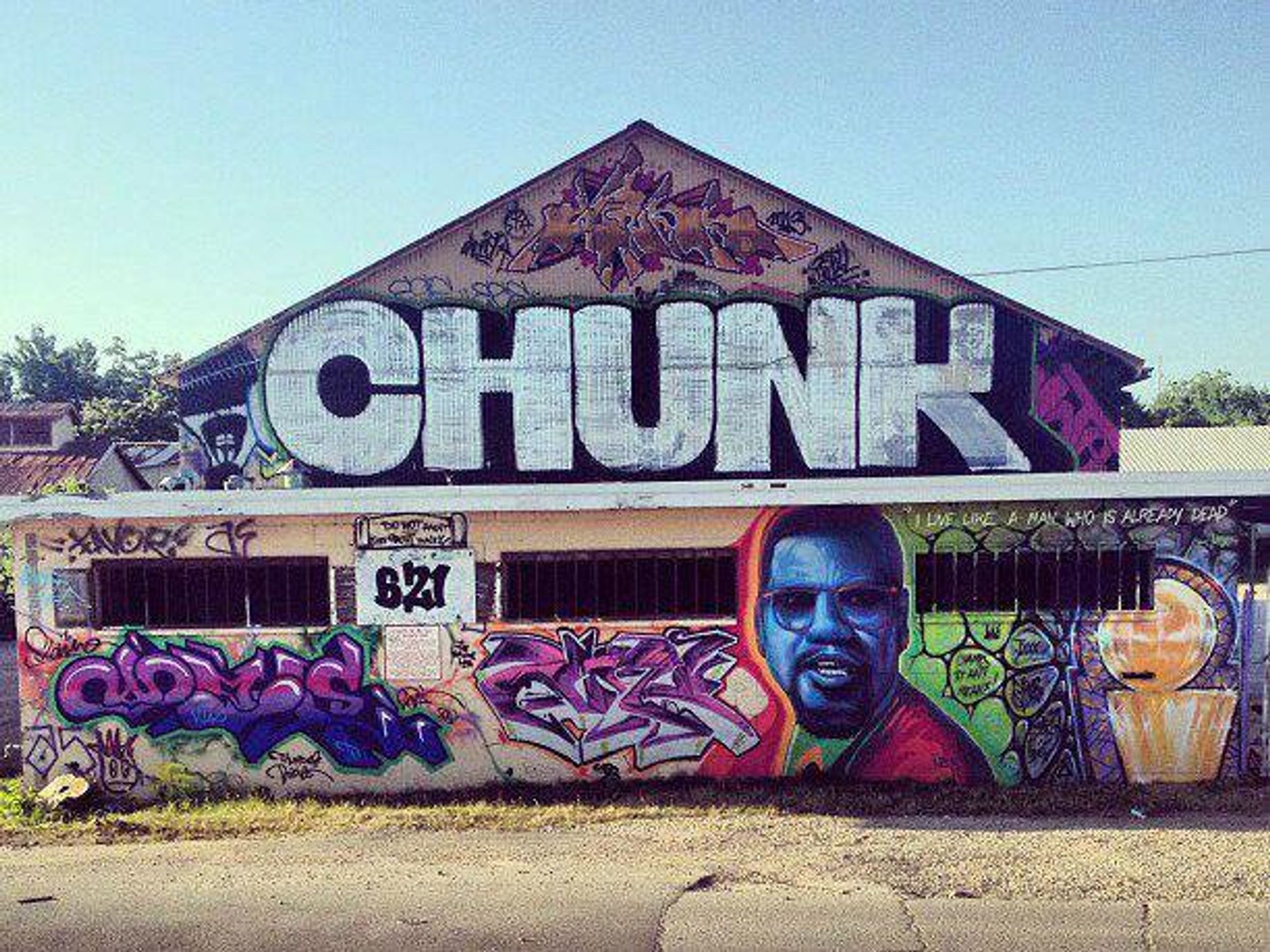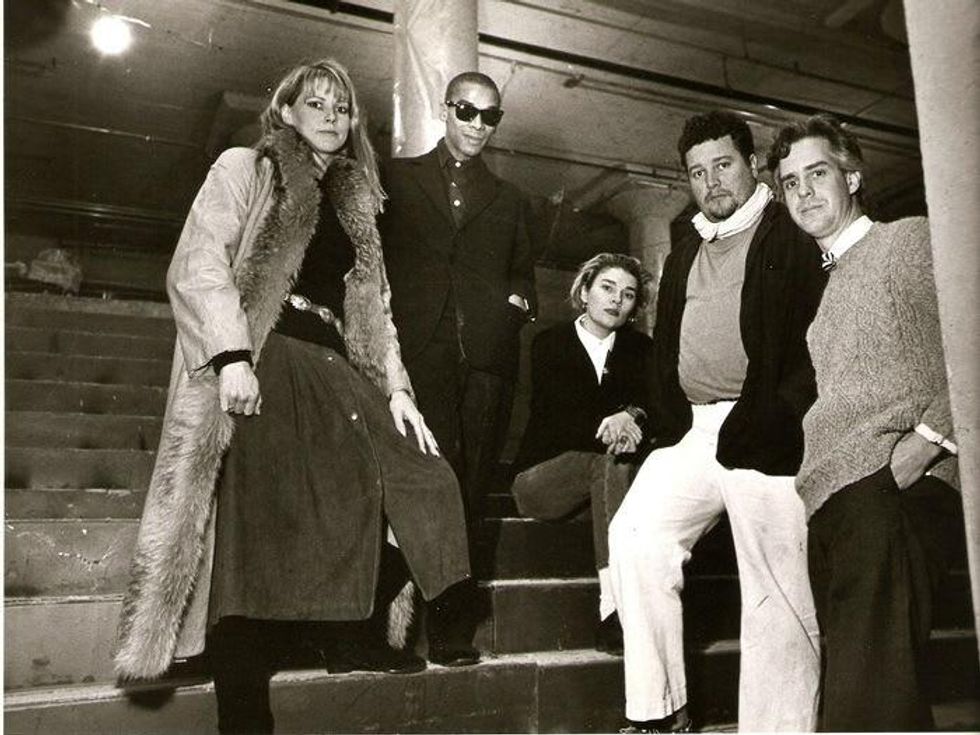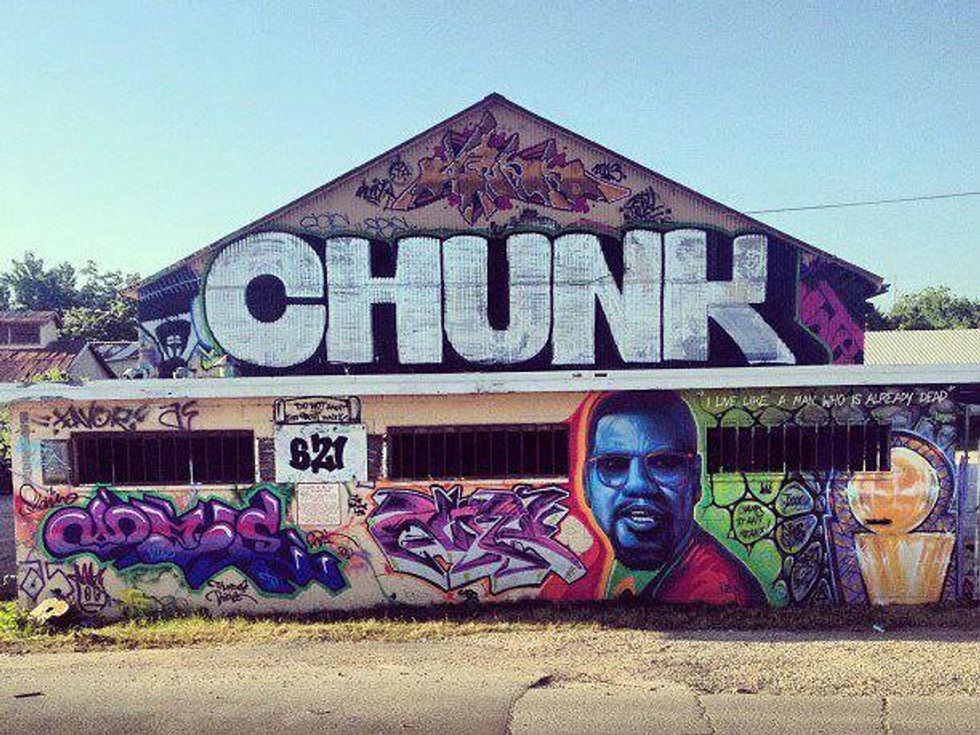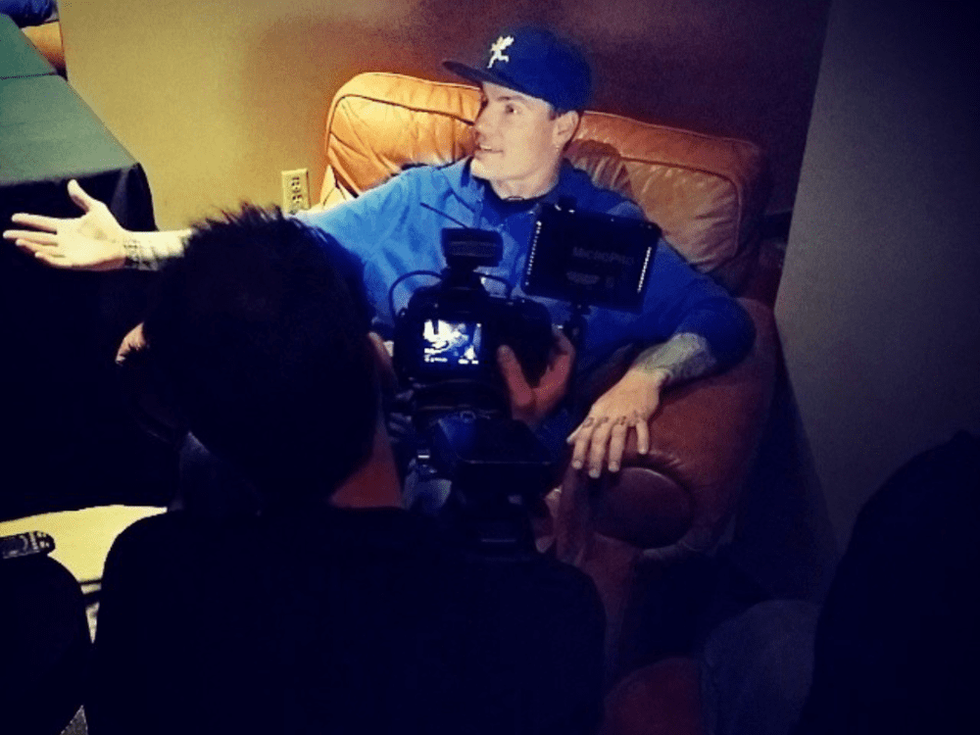DIFF Insights
We From Dallas and Starck Club documentaries prove Big D had big impact on '80s music scene

Music has the power to evoke deep memories and emotions in ways that pictures or words cannot. From the instrumental score of a movie to the ambient sounds of a museum, music enhances other art forms. Music can also help define a place, serving as an integral thread in the fabric of its identity.
The Starck Club and We From Dallas (both playing on Saturday, April 12), in the Dallas International Film Festival’s Deep Ellum Sounds category, capture the symbiotic connection of music and place by presenting chapters of Dallas’ music scene that until now were mostly unknown to people who didn’t experience them personally.
In his documentary, Teddy Cool proves that Dallas did play a role in the development of hip-hop as a cultural phenomenon in the ’80s.
“Music is a very regional thing,” says We From Dallas director Teddy Cool. “I believe most cities or regions of the world have some genre of music they have made their own, from the zydeco sounds of New Orleans to D.C. go-go to West Coast funk or Seattle grunge. The list goes on and on.”
Yet Dallasites made hip-hop their own when other cities such as Los Angeles or New York may have had the spotlight.
In his documentary, Cool proves that Dallas did play a role in the development of hip-hop as a cultural phenomenon in the ’80s. The city may not have spawned many big stars and recognizable names, but without a doubt it made a contribution to the genre.
East Dallas in particular served as “the location” for the hip-hop movement. Led by DJs and producers who wanted to make music their way, the neighborhood served as a source of inspiration and their base of operations.
Their music had an authenticity that other hip-hop hot spots soon lost, because they made it while working in rag-tag music studios set up in regular houses. The story belonged to those who lived it until Cool decided to make the documentary.
“One of the biggest challenges of the film was tracking down some of the guys from the ’80s scene. Pikahsso played a huge role in helping us find people and turning us on to people we hadn’t heard of,” Cool says.
Sometimes even the buffs need some help with their research. But that also hints at the fact that the music scene in ’80s Dallas wasn’t about the makers but about the music itself.
The Starck Club championed open-mindedness, experimentation, pleasure, excess and freedom from the norm.
Other times, however, the music can be as important as the location — and that was the case for the Starck Club. The rise and fall of the infamous ’80s nightclub is the focus of the documentary of the same name. Although in Dallas, the club seemed to be a world of its own, a point emphasized in the film.
“The DJs of the club were playing music that hadn’t been heard in America. The club was not Dallas. It was more international,” says co-director Michael Cain.
Partially because of its European origins (including French architect Philippe Starck), and partially because of the rebellious and daring nature of its founder Blake Woodall, the Starck Club became the epicenter of a new wave of thought that championed open-mindedness, experimentation, pleasure, excess, freedom from the norm and an it’s-cool-to-be-a-misfit attitude.
That attitude led to outrageous and memorable parties, fueled by diverse group of people who found that environment intriguing and inviting — especially in the middle of conservative, yet aspiringly cosmopolitan, Dallas.
Patrons, from regulars to curious one-timers, numbered in the hundreds — evidence of the club’s impact and the music that infused it with a unique spirit. But Cain says their biggest challenge was gaining the trust of the people who lived it.
However, once the filmmakers accomplished that, the response was far beyond what they had expected — and almost more than they could handle. What had started as research for a fiction film or a TV series quickly turned into a project with hundreds of hours of material from more than 125 interviews.
At one point, the filmmakers decided to crowd source some testimonials via a website, and the outcome was overwhelming: more than 3,000 people shared their Starck Club memories.
There’s a similarity between the stories in We From Dallas and The Starck Club, in that some things can become larger than intended. Dallas DJs and music producers who just wanted to make their music became an influential movement of the American music scene.
A Dallas entrepreneur, a French architect, and a handful of collaborators simply aspired to create a different nightclub where people could be themselves, and that became a symbol of the spirit of the ’80s in Dallas and a life-changing experience for everyone involved with it.
Michael Cain summed up that overall theme pretty well: “Any time you have a dream or goal you want, the dream you were thinking is not exact [because] it can be bigger.”


